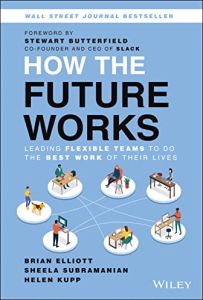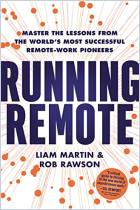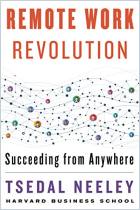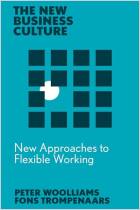Join getAbstract to access the summary!

Join getAbstract to access the summary!
Brian Elliott, Sheela Subramanian and Helen Kupp
How the Future Works
Leading Flexible Teams To Do The Best Work of Their Lives
Wiley, 2022
What's inside?
Many workers will never return to their offices. Firms must adjust.
Recommendation
The COVID pandemic’s lockdowns compromised companies globally. The world of business had to continue, so people began to work from home and set their own schedules. Employees loved these new arrangements. Remote work became many people’s preference, and teams began to function as remote or hybrid collectives. An ad hoc solution that began as a response to an emergency is now how business gets done. Brian Elliott, Sheela Subramanian and Helen Kupp explore how companies can manage this new world of work with flexibility and effectiveness. They advocate continuing collaboration between employers and employees post pandemic, and show how flexible teamwork can prevail.
Summary
About the Authors
Brian Elliott is a senior vice president at Future Forum, a Slack consortium. Sheela Subramanian is a VP at Future Forum, where Helen Kupp is senior director of product strategy and partnerships.























Comment on this summary